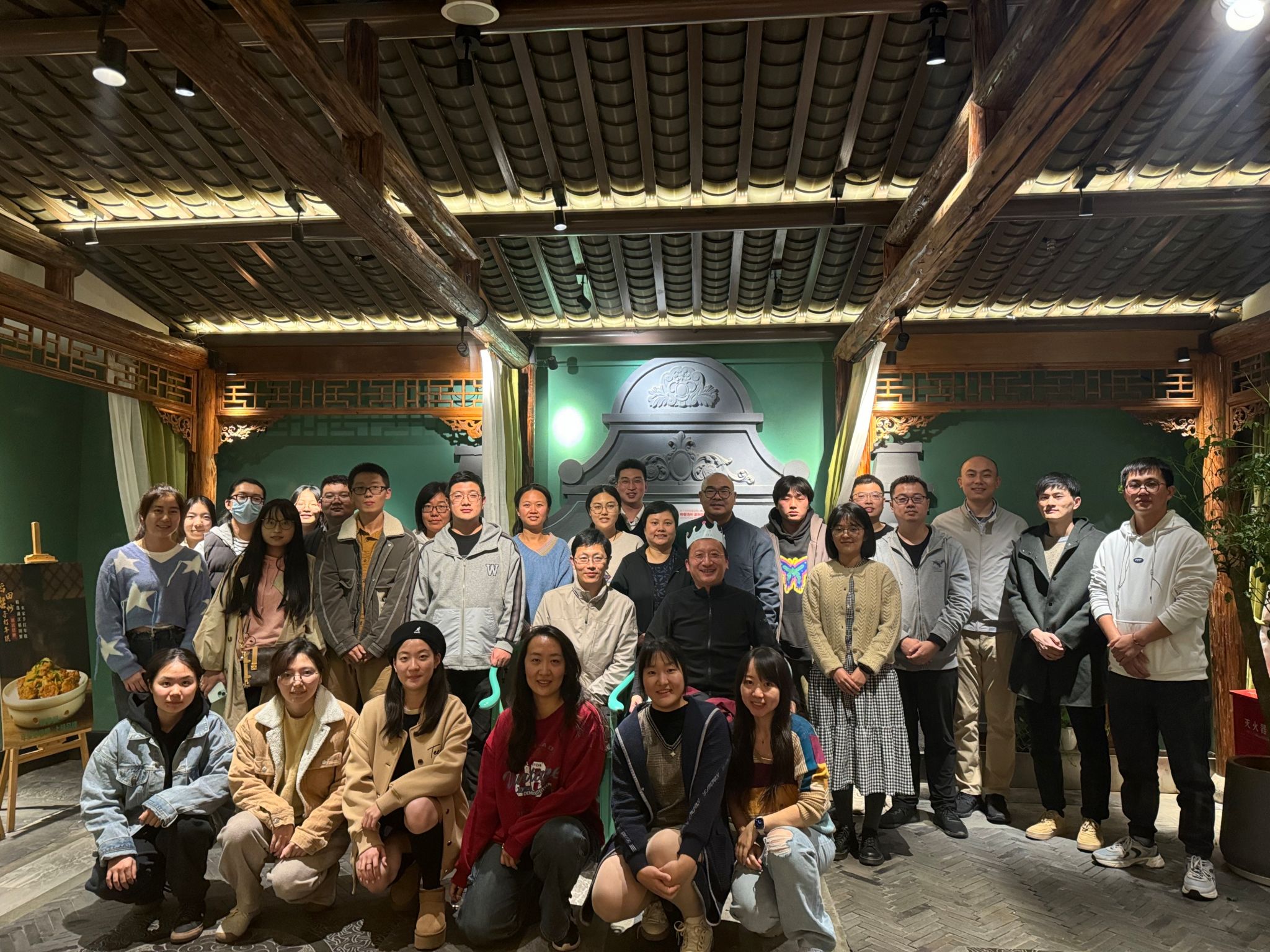Zilong Qiu, Ph.D., Senior Investigator
Work Phone: (021) 6772 2386
E-mail: qiuzilong@shsmu.edu.cn
Neuronal development and social behavior,
Autism spectrum disorders
Educational Experience
2003 Shanghai Institute of Biochemistry and Cell Biology, Chinese Academy of Sciences (Ph.D. in Molecular Biology),
1998 Shanghai Jiao Tong University, Department of Biology (B.S. in Biology),
Professional Experience
2022- Senior Investigator, Shanghai Jiao Tong University School of Medicine
2009-2022 Senior Investigator, Institute of Neuroscience, Chinese Academy of Sciences
2003-2009 Postdoctoral Fellow, UCSD
 Zilong Qiu
Zilong Qiu
Autism spectrum disorder (ASD) is a complex neurodevelopmental disorder causing impairments in social communication and stereotypical behaviors, often with developmental delay or intellectual disabilities (DD/ID). Accruing evidence indicates that ASD is highly heritable and genome-wide studies on ASD cohorts have defined numerous genetic contributors. Notably, since most of these studies have been performed with individuals of European and Hispanic ancestries, thus there is a paucity of genetic analyses of ASD in the East Asian population. Here, we performed whole-exome sequencing on 772 Chinese ASD trios, combining with a previous 369 ASD trios, to identify de novo variants in 1141 ASD trios. We found that ASD without DD/ID carried less disruptive de novo variants than ASD with DD/ID. Surprisingly, we found that expression of genes with de novo variants in ASD without DD/ID were enriched in a subtype of human neural progenitor cells. Importantly, some ASD risk genes identified in this study are not present in the current ASD gene database, suggesting that there may be unique genetic contributors to ASD with the East Asian ancestry. We validated one such novel ASD candidate gene – SLC35G1 by showing that mice harboring heterozygous deletion of Slc35g1 exhibited defects in social interaction behaviors. Together, this work nominates novel ASD candidate genes and suggests that genome-wide genetic studies in ASD cohorts of different ancestries are essential to reveal the comprehensive genetic architecture of ASD.
The main projects in our lab are classified into three parts. 1. Genetic studies using whole-exome and whole-genome sequencing for Chinese ASD cohorts. 2. Neurobiological mechanistic study for ASD in mouse and non-human primate models. 3. Molecular and neural modulation approaches for therapeutical treatment for ASD.
-
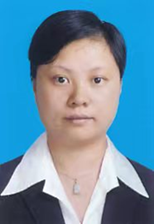 Zhang Yuefang laboratory housekeeper
Email:zhangyuefang2023@163.com
Research Direction:None
Zhang Yuefang laboratory housekeeper
Email:zhangyuefang2023@163.com
Research Direction:None
-
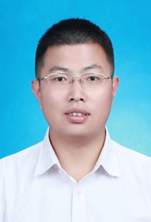 Han Wenjian Young Associate Researcher
Email:hanwenjian@picb.ac.cn
Research Direction:Design of RNA binding proteins and base editing proteins
Han Wenjian Young Associate Researcher
Email:hanwenjian@picb.ac.cn
Research Direction:Design of RNA binding proteins and base editing proteins
-
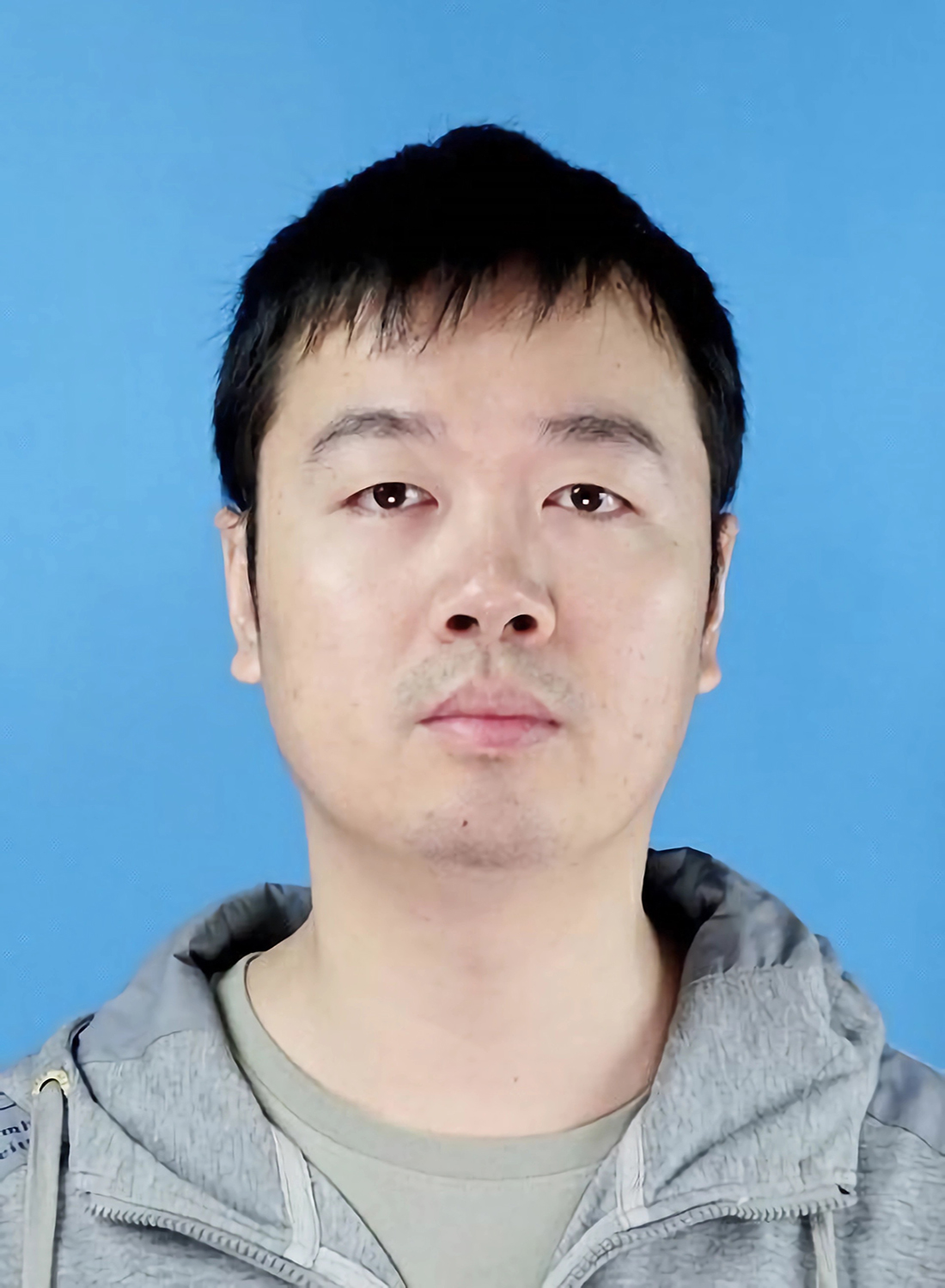 Ding Chaodong Young Associate researcher
Email:dingchaodong@shsmu.edu.cn
Research Direction:The pathogenesis of autism
Ding Chaodong Young Associate researcher
Email:dingchaodong@shsmu.edu.cn
Research Direction:The pathogenesis of autism
-
Li WK, Zhang SQ, Peng WL, Shi YH, Yuan B, Yuan YT, Xue ZY, Wang JC, Han WJ, Chen ZF, Shan SF, Xue BQ, Chen JL, Zhang C, Zhu SJ, Tai YL, Cheng TL, Qiu ZL. Whole-brain in vivo base editing reverses behavioral changes in Mef2c-mutant mice. Nat Neurosci. 2024 Jan;27(1):116-128.

-
Wang, J#, Yu, J#, Wang, MD#, Zhang, LL#, Yang, K#, Du, X., Wu, J., Wang, X.*, Li, F.*, Qiu, Z. *(2023) Discovery and validation of novel genes in a large Chinese ASD cohort. Biological Psychiatry. In press.

-
Yuan, B.#, Wang, M.#, Wu, X.#, Cheng, P., Zhang, R., Zhang, R., Yu, S., Zhang, J.*, Du, Y.*, Wang, X.*,Qiu, Z.* (2023) Identification ofde novoMutations in the Chinese Autism Spectrum Disorder Cohort via Whole-Exome Sequencing Unveils Brain Regions Implicated in Autism.Neuroscience Bulletin.
https://doi.org/10.1007/s12264-023-01037-6

-
Yang, K.,#,*, Shi, Y.,#, Du, X.,#, Wang, J., Zhang, Y., Shan, S., Yuan, Y., Wang, R., Zhou, C., Liu, Y., Cai, Z., Wang, Y., Fan, L., Xu, H., Yu, J., Cheng, J.,*, Li, F.,*, Qiu,Z.*(2021) SENP1 in the retrosplenial agranular cortex regulates core autistic-like symptoms in mice. Cell Reports 37,109939

-
Wu, S.#, Li, X. #, Qin, D., Zhang, L., Cheng, T., Chen, Z., Nie, B., Ren, X., Wu, J., Wang, W., Hu, Y., Gu,Y.,Lv, L., Yin, Y.,* Hu, X.,*, Qiu,Z. *(2021) Induction of core symptoms of autism spectrum disorders by in vivo CRISPR/Cas9-based gene editing in the brain of adolescent rhesus monkeys. Science Bulletin. 66:937-946

-
Cheng T.*, Li S., Yuan B., Wang X., Zhou W., Qiu, Z.* (2019) Expanding C–T base editing toolkit with diversified cytidine deaminases. Nature Communications 10: 3612

-
Cai Y#, Cheng TL#, Yao Y#, Li X, Ma Y, Bao J, Li L, Zhao H, Zhang M*, Qiu Z*, Xue T*. (2019) In vivo genome editing rescues photoreceptor degeneration via a Cas9/RecA-mediated homology-directed repair pathway. Science Advances 5(4):eaav3335

-
Li X#, Yu B#, Sun Q, Zhang Y, Ren M, Zhang X, Li A, Yuan J, Madisen L, Luo Q, Zeng H, Gong H*, Qiu Z* (2018) Generation of a whole-brain atlas for the cholinergic system and mesoscopic projectome analysis of basal forebrain cholinergic neurons. Proc Natl Acad Sci USA. 115(2):415-420

-
Dang T, Duan W, Yu B, Tong DL, Cheng C, Zhang YF, Wu W, Ye K, Zhang WX, Wu M, Wu B, An Y, Qiu Z*, Wu BL* (2018) Autism-associated Dyrk1a truncation mutants impair neuronal dendritic and spine growth and interfere with postnatal cortical development. Molecular Psychiatry 23(3):747-758

-
Qiu, Z* (2018) Deciphering MECP2 - associated disorders: disrupted circuits and the hope for repair. Current Opinion in Neurobiology 48:30-36 (Invited review)

-
Wen Z, Cheng TL, Li GZ, Sun SB, Yu SY, Zhang Y*, Du YS*, Qiu Z* (2017) Identification of Autism-Related MECP2 Mutations by Whole-Exome Sequencing and Functional Validation. Molecular Autism 8:43

-
Liu, Z.#, Li, X.#, Zhang, J., Cai, Y., Cheng, T., Cheng, C., Wang, Y., Zhang, C., Nie, Yan., Chen, Z., Bian, W., Zhang, L., Xiao, J., Lu, B., Zhang, Y., Zhang., X., Sang, X., Wu, J., Xu, X., Xiong, Z., Zhang, F., Yu, X., Gong, N., Zhou, W., Sun, Q.*, Qiu, Z.* (2016) Autism-like behaviors and germline transmission in transgenic monkeys overexpressing MeCP2. Nature. 530:98-102

-
Cheng, T., Wang, Z., Liao, Q., Zhu, Y., Zhou, W., Xu, W., Qiu, Z.* (2014) MeCP2 suppresses nuclear microRNA processing and dendritic growth by regulating the DGCR8/Drosha complex. Developmental Cell 28:547-560

Address:Room 202, building 18,746 Zhongshan Zhong Road, Songjiang District, Shanghai
Postcode:201699
Telephone/Fax:021-67722386
Email:qiuzilong @shsmu.edu.cn









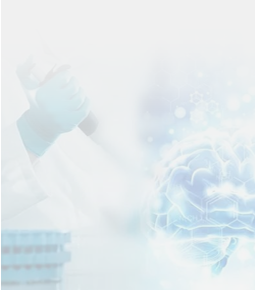
 Location:
Location:
